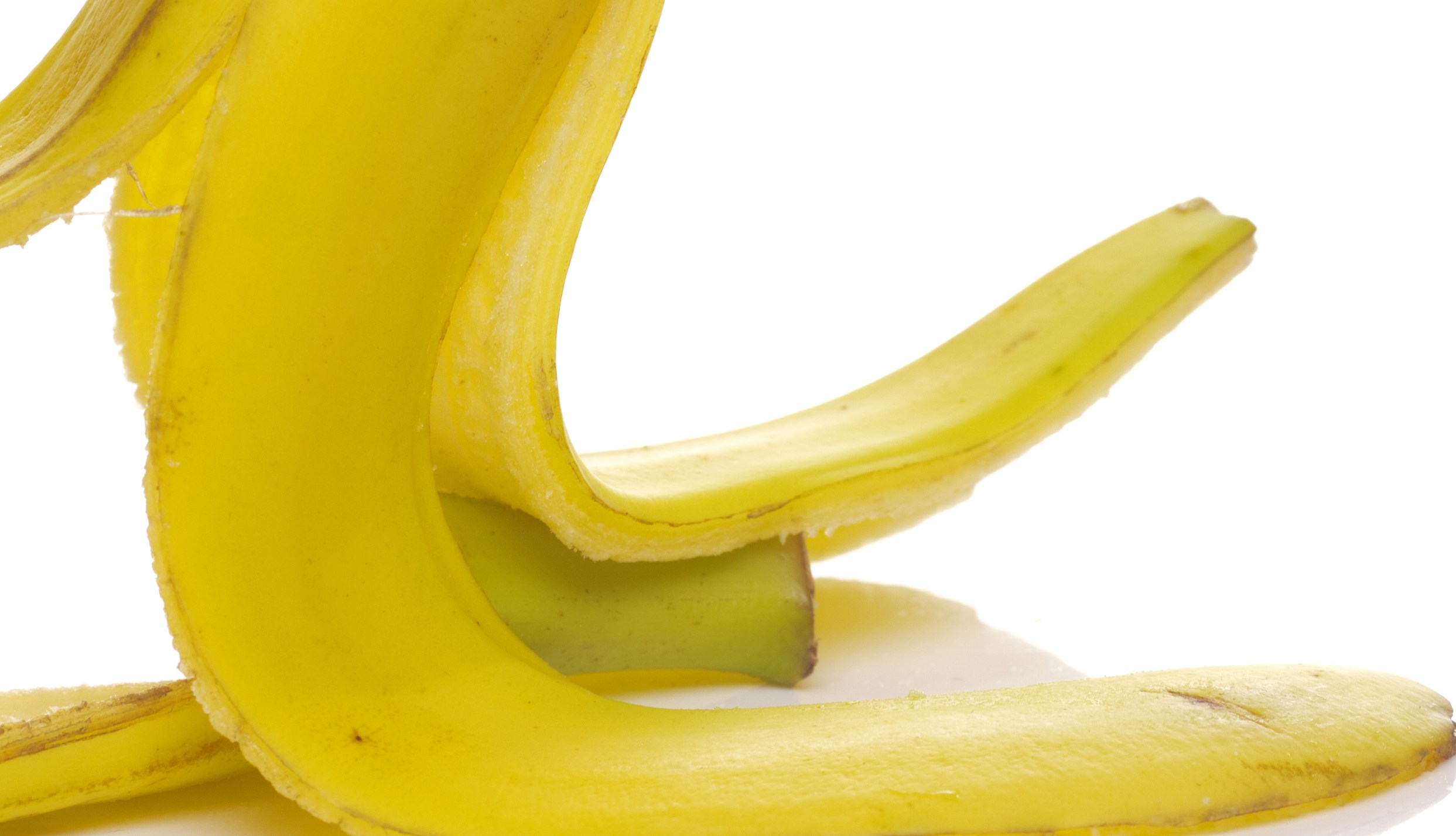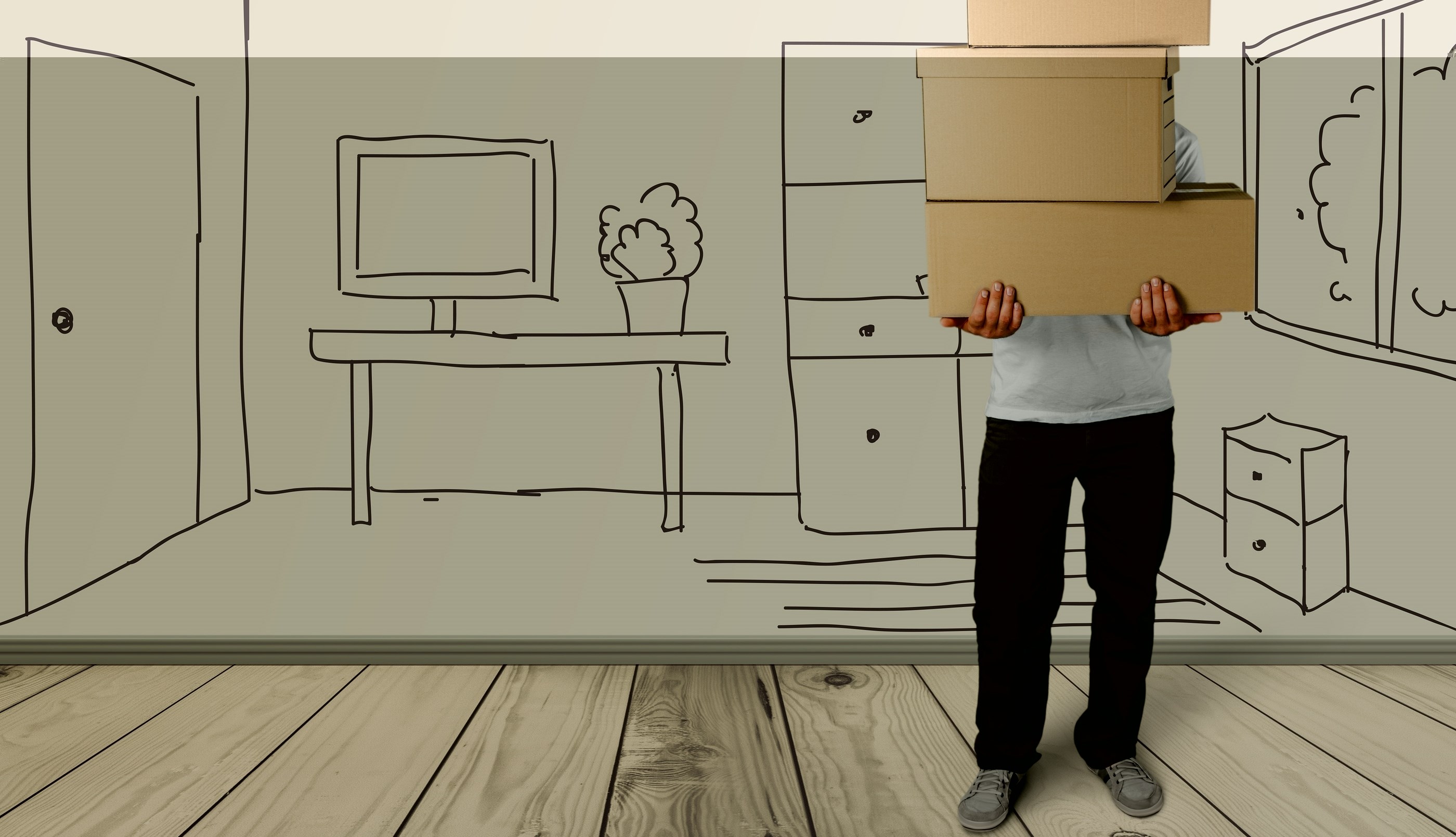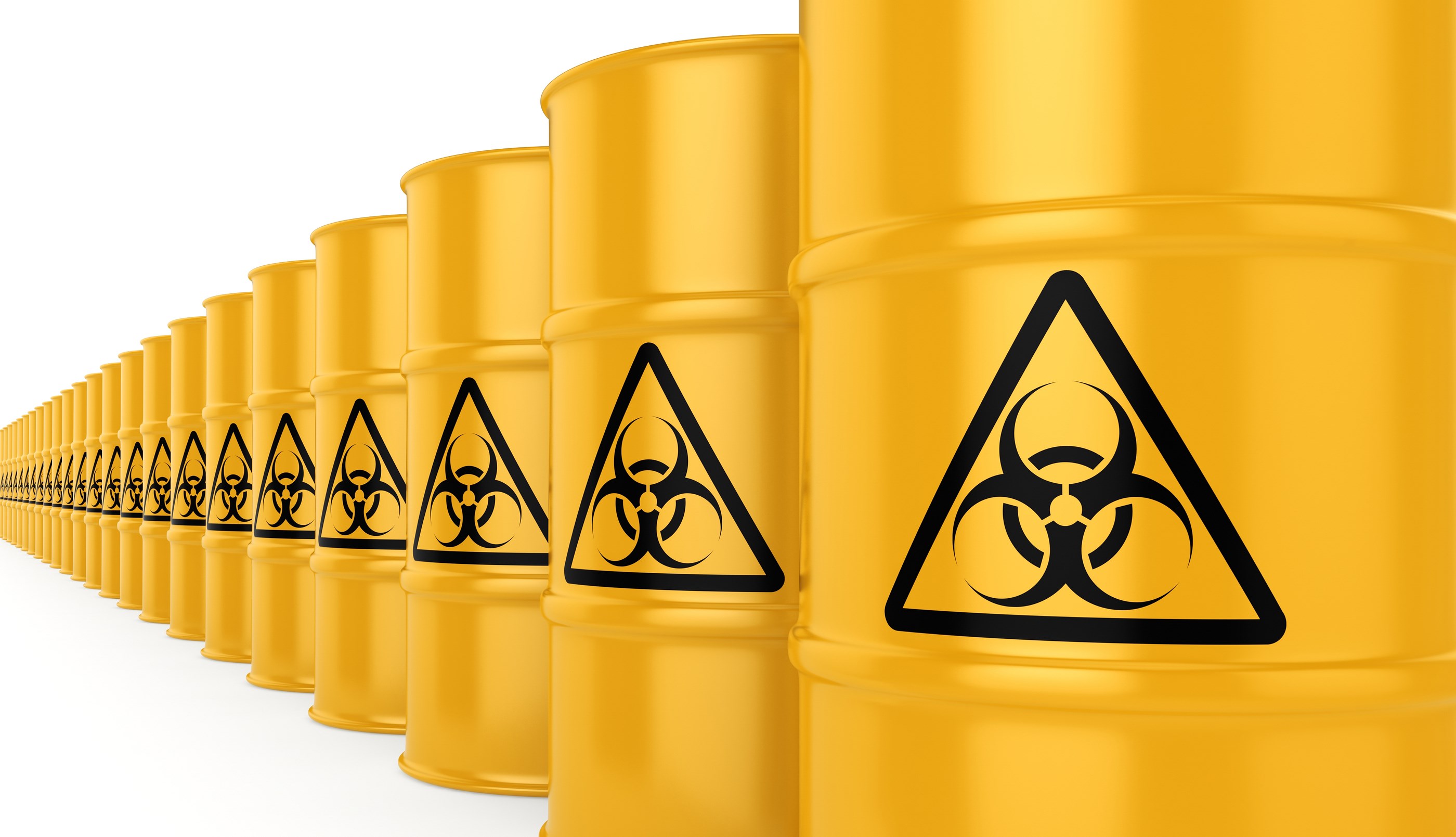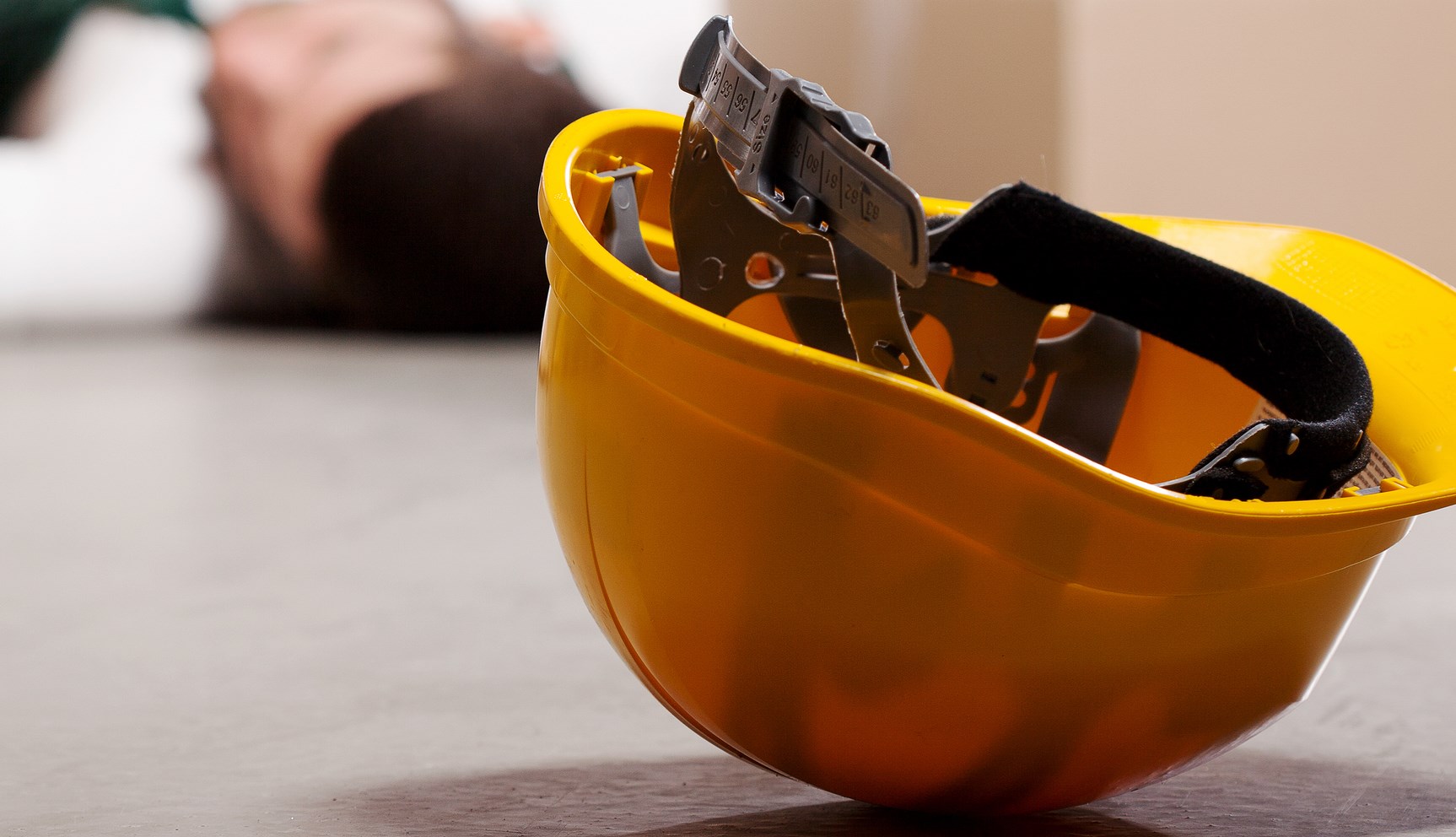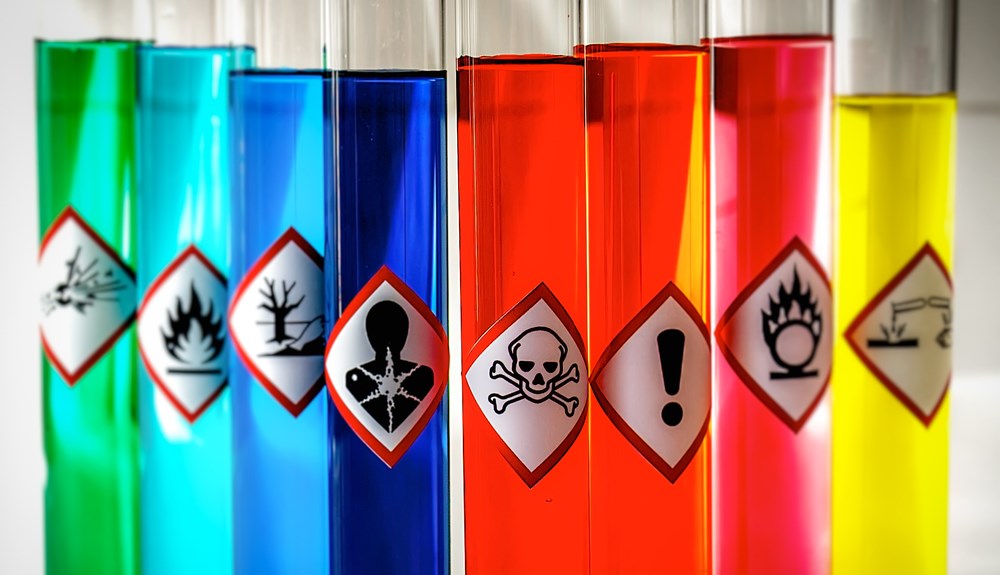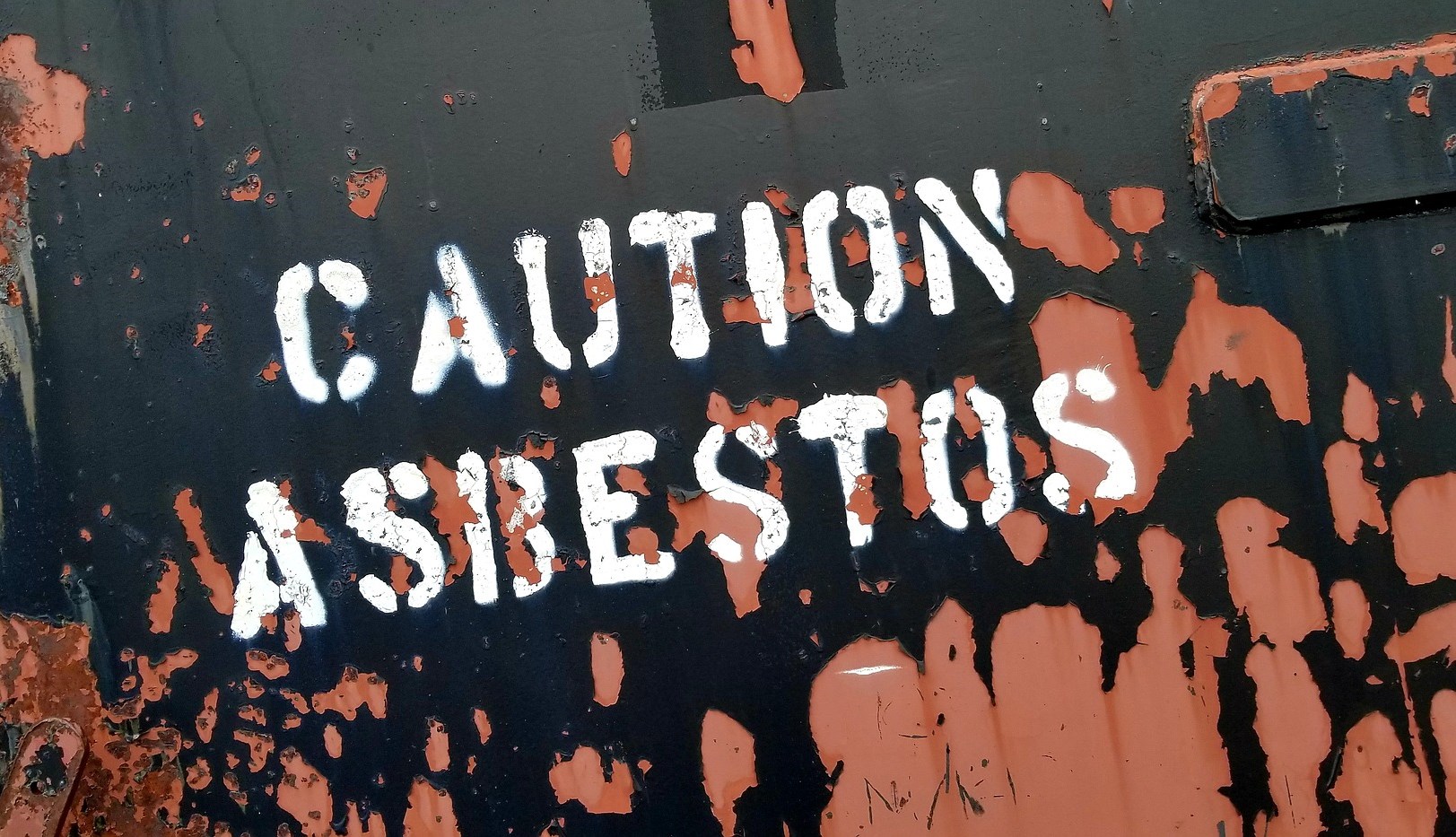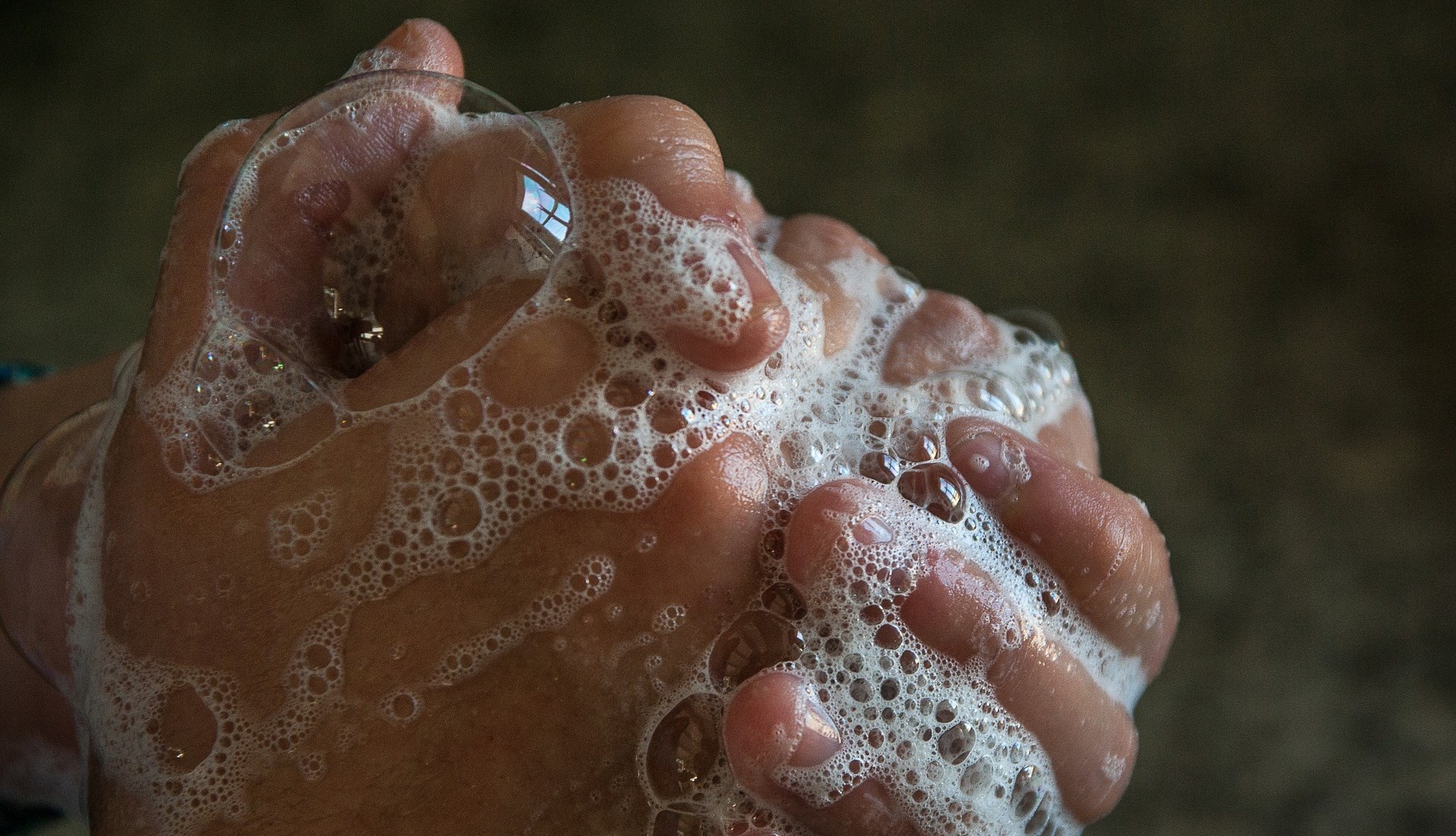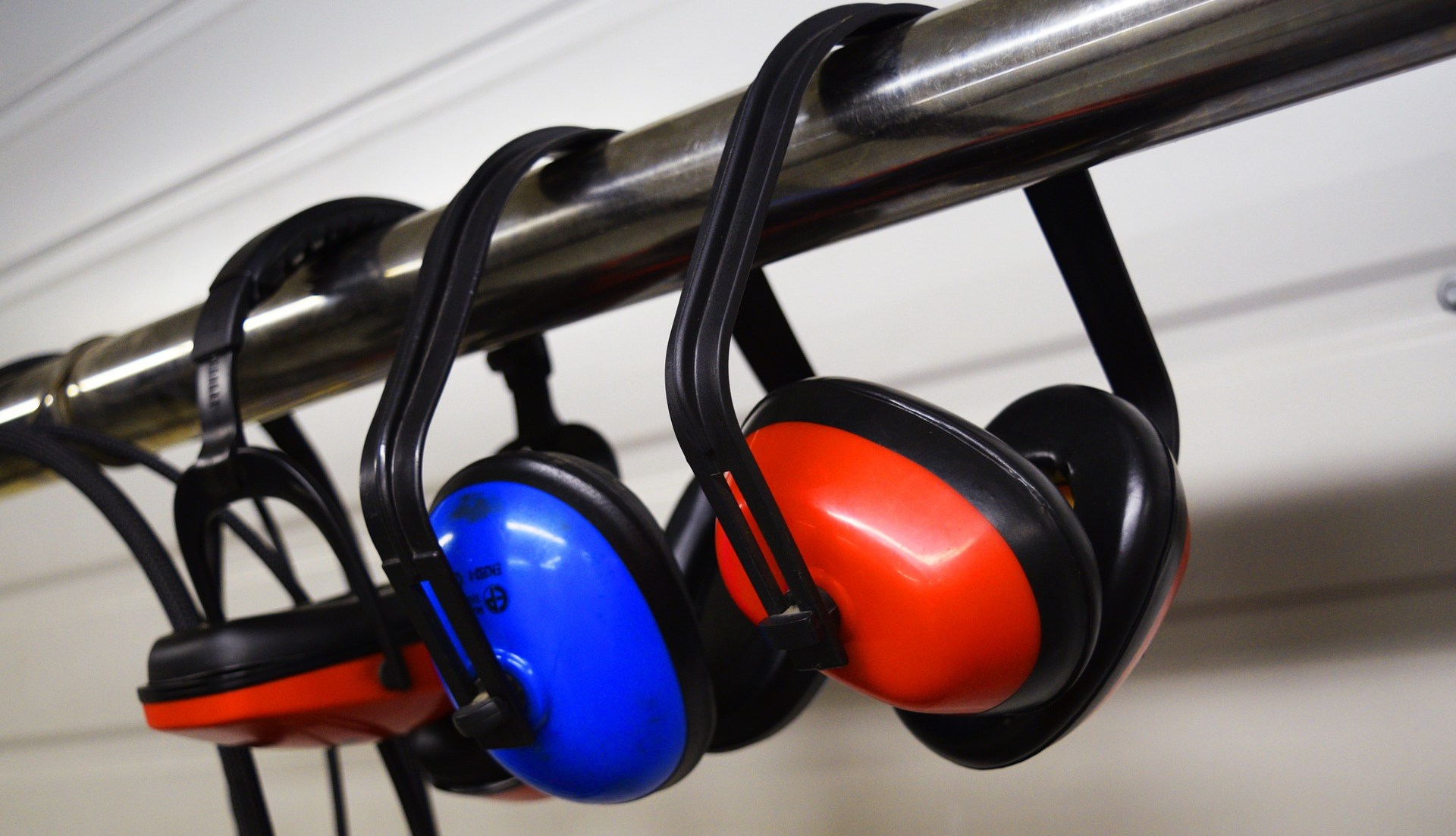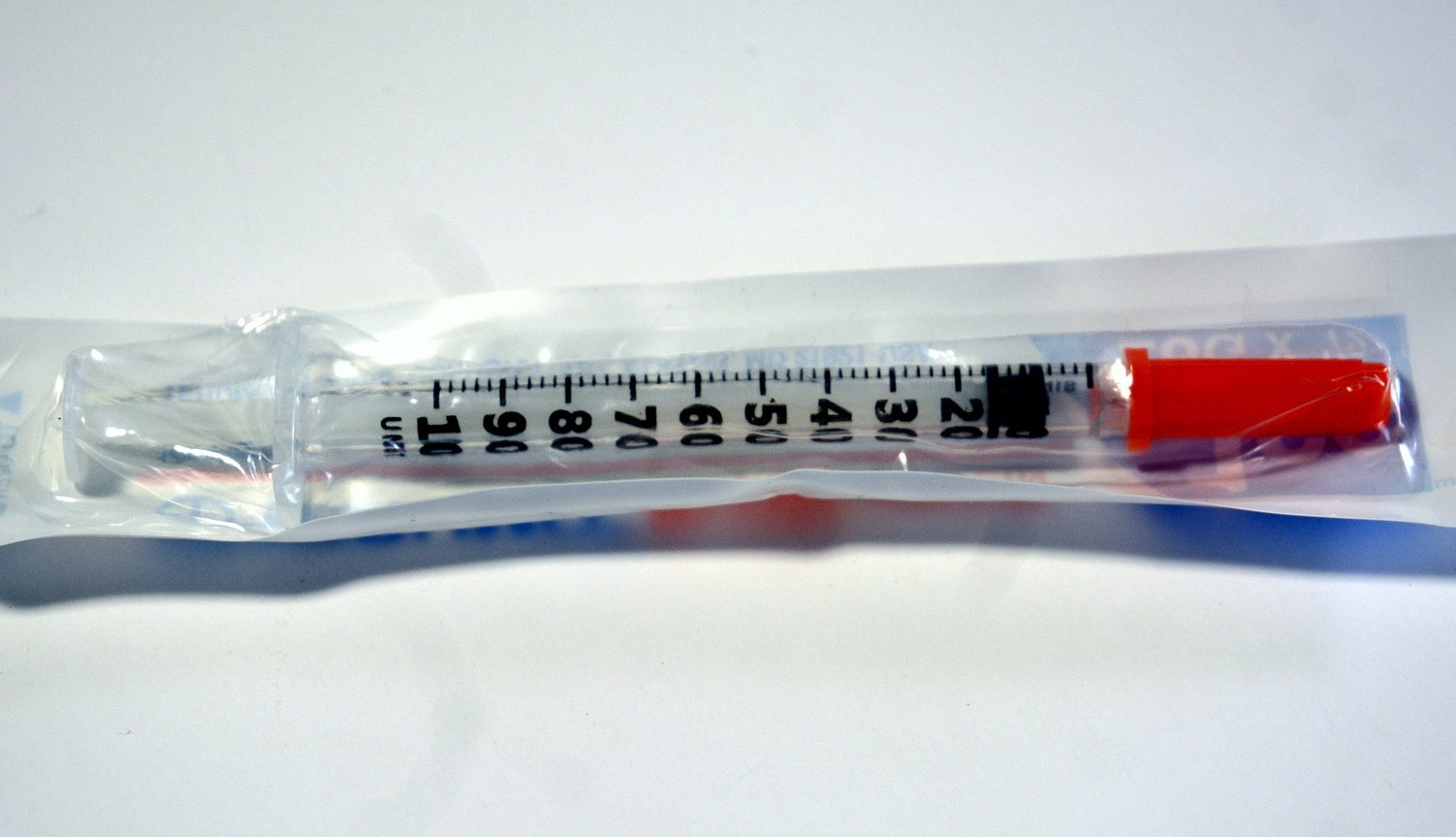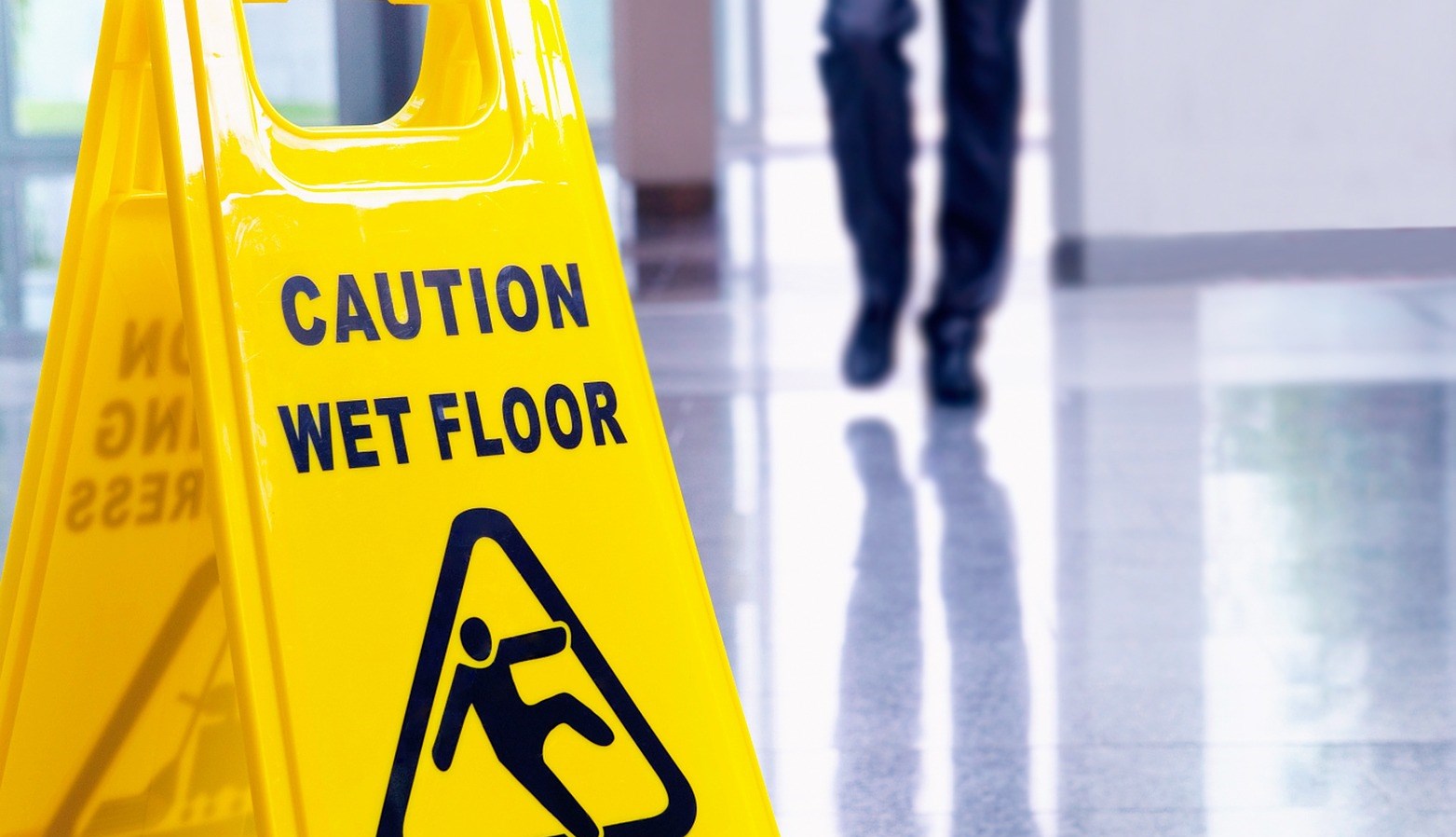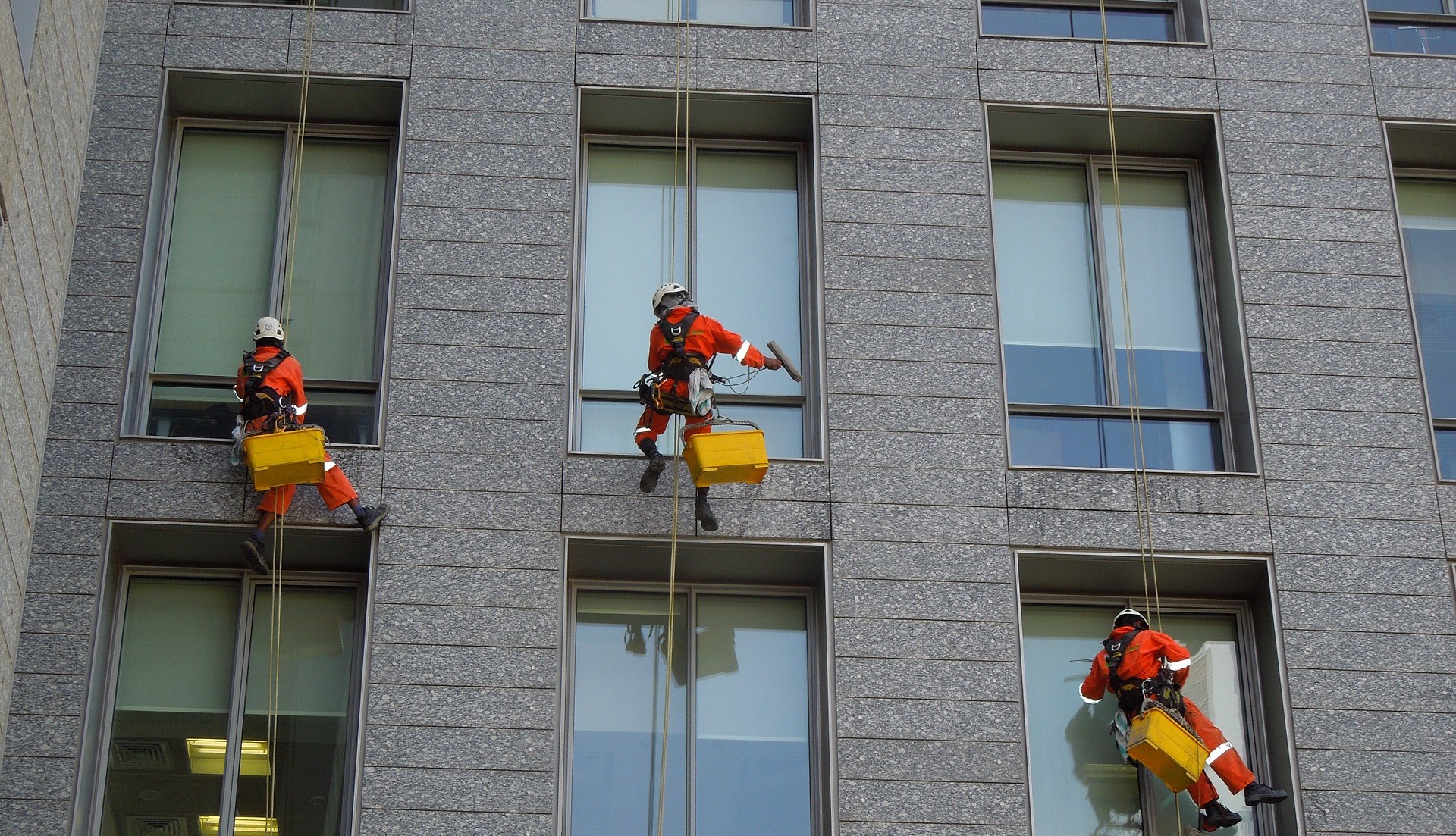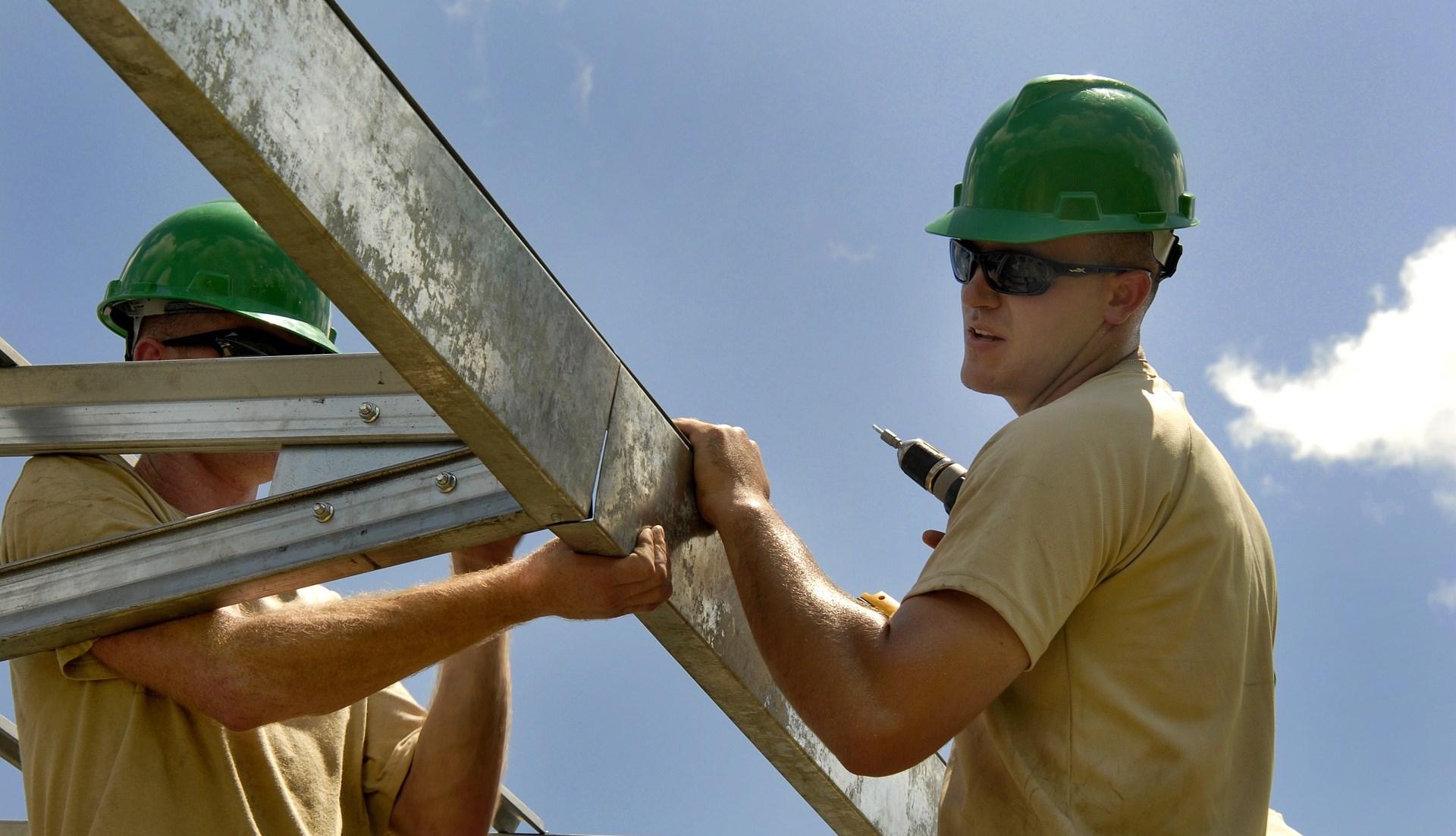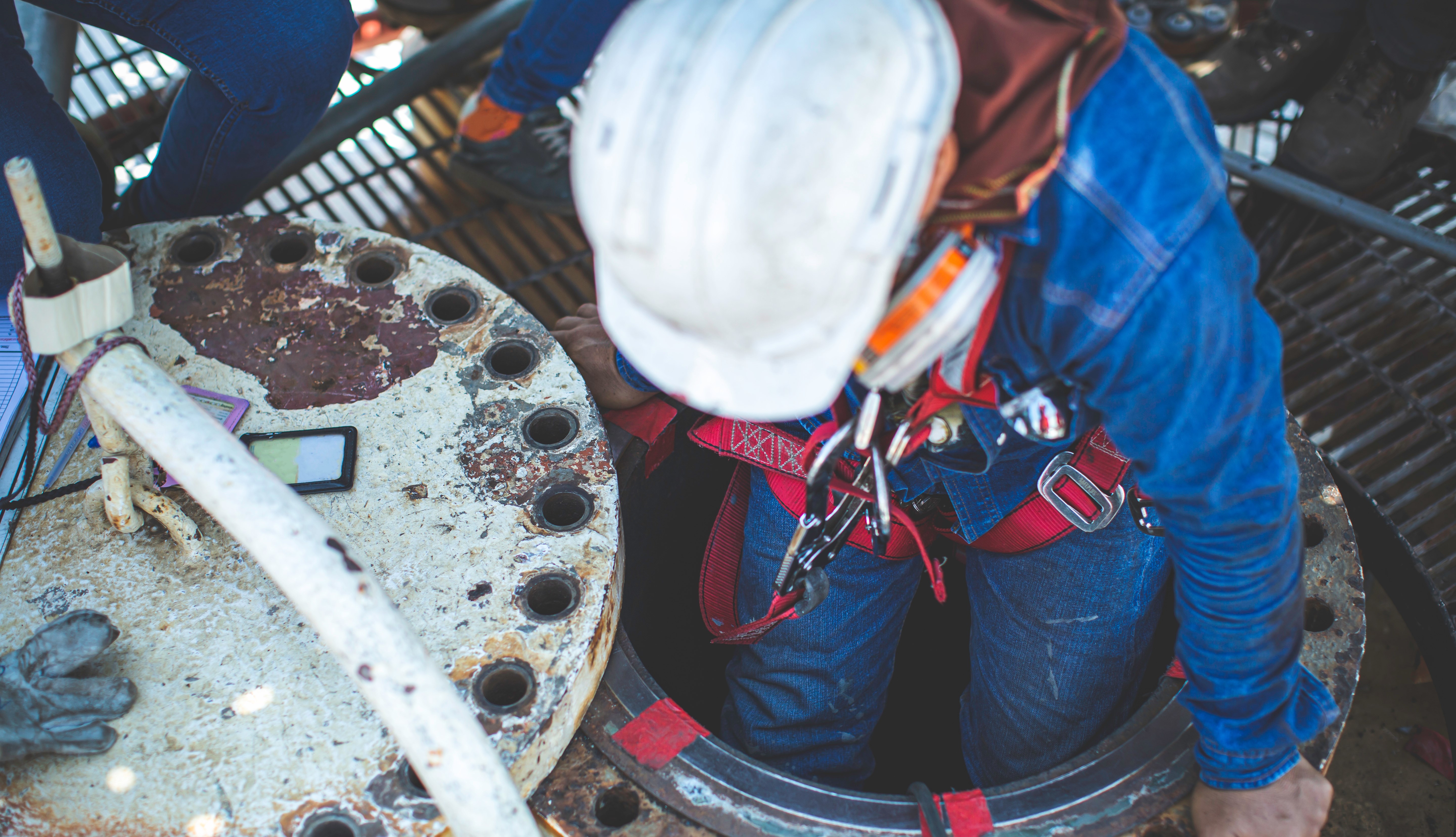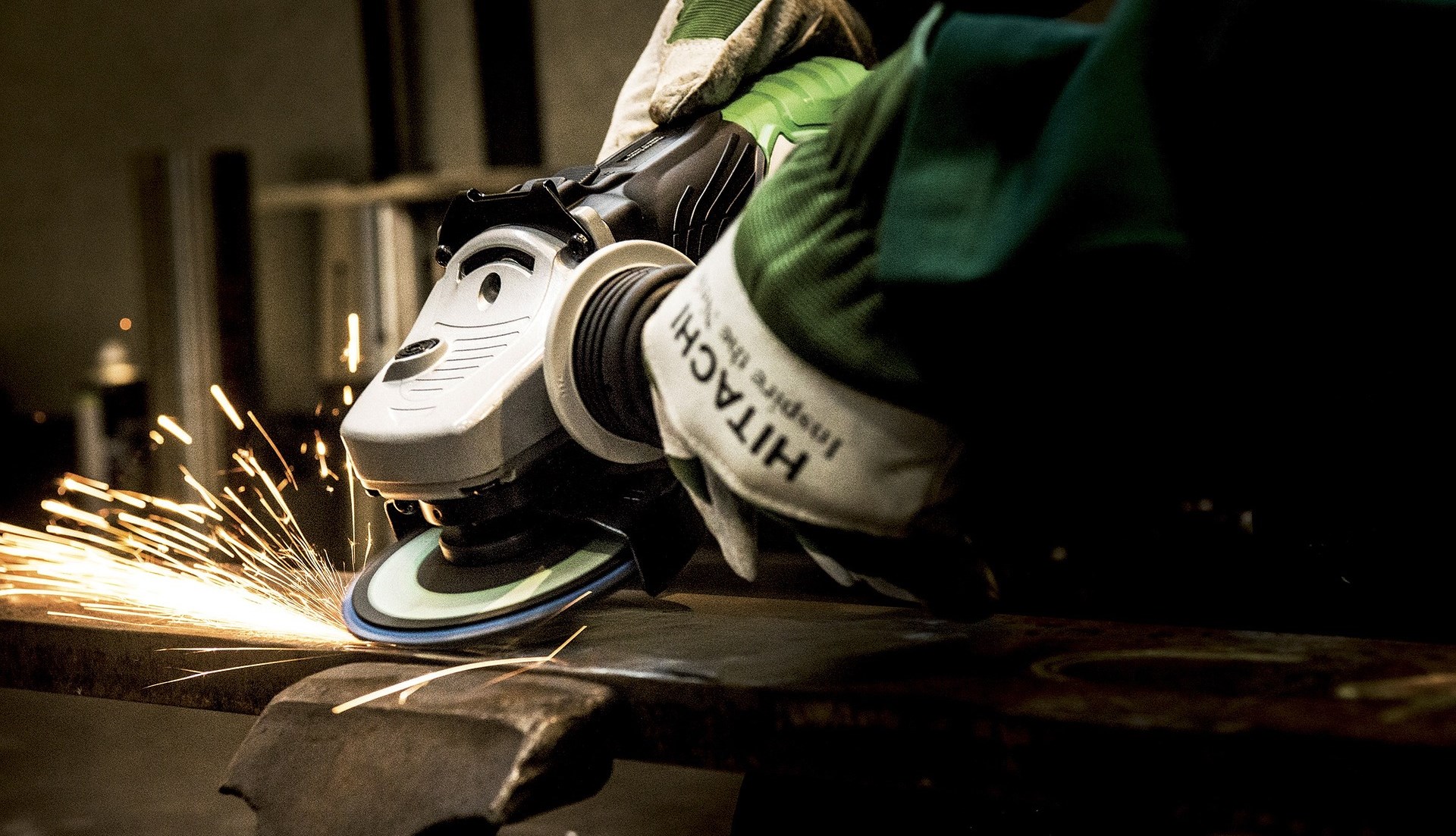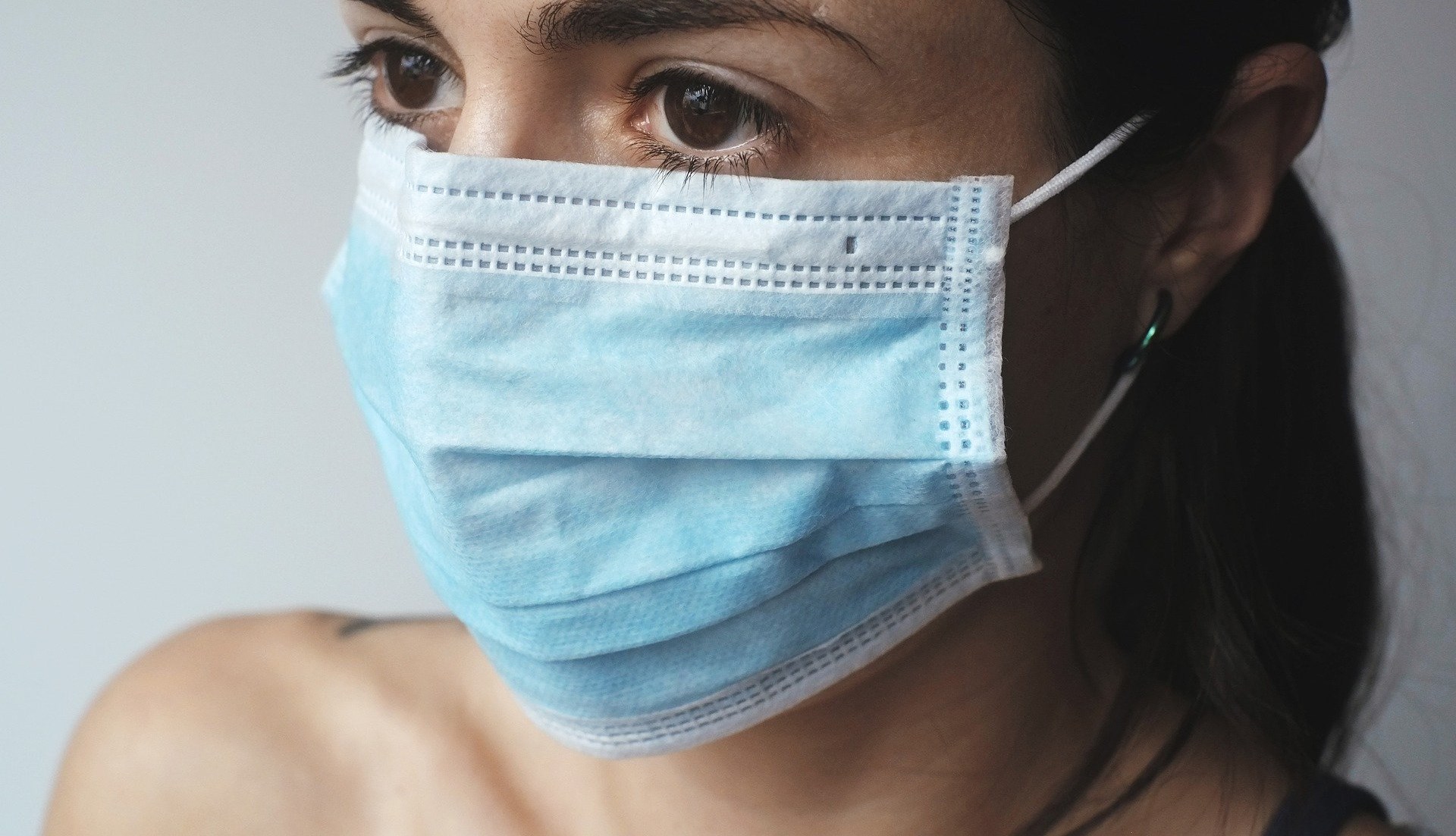There is a common misconception that sharps injuries are only of concern to medical and care staff. However it is not uncommon for people in other industries such as waste disposal to come into contact with used sharps.
In this course we'll start by looking at some statistics relating to discarded needles, then define 'sharps' and look at the different types that can be found in 'sharps litter', ranging from needles, syringes and scalpel blades to broken glass, knives, scissors and nails.
It then covers the primary and secondary risks from sharps. It'll look at the responsibilities of employers and how they must use risk assessment to ensure workers safety, as much as possible.
Then, the course will take a detailed look at Hepatitis B, Hepatitis C, HIV and Tetanus.
There is a section on the Chain of Infection, helping you to understand how an infection gets passed on, and what steps can be taken to break the chain and stop the process.
It looks at the probability of picking up an infection from a needlestick injury, and the factors that can affect this.
It's important to always handle discarded sharps safely so the course will take you through the equipment you need, including litter pickers, forceps, disinfectant sprays and gloves, along with the correct techniques you should employ to avoid injury. This subject will be further expanded on by detailing the correct sharps handling procedures, including how to dispose of discarded sharps safely, how to remove disposable gloves to minimise cross-contamination, and correct hand washing procedures.
Finally, you will cover how to report discarded sharps and the correct procedures to follow if you're unlucky enough to receive a sharps injury.
Knowledge of the dangers associated with sharps, safe handling techniques and use of appropriate PPE will help you to protect yourself from the dangers.
The course is approved by iOSH (Institution of Occupational Safety and Health) & CPD (Continual Professional Development Service).
CPD approval means that this course can be used by those that need to prove they are continually developing themselves. Online training is flexible, efficient and cost effective meaning the candidate can progress through the modules at their own pace and in their own time, so they can fit the training in around their work and personal life.
This course should take about 55 minutes (Note: This is based on the amount of video content shown and is rounded off. It does not account in any way for loading time or thinking time on the questions).
Recommended system requirements
Browser: A modern and up to date web browser. Video: Up to date video drivers
Memory: 1 Gb+ RAM
Download Speed: Broadband (3Mb+)
FREE TRIAL AVAILABLE CLICK HERE
This course is most suited to:
This course is designed for anyone working in the healthcare industry in both the private and public sectors. This includes those working in the medical sector and in health and social care, such as nurses, doctors and surgeons.
It is aimed at the use, disposal and management of sharps and needlesticks within the medical sector. This course outlines the legal responsibilities of managers, employers and employees, as well as what actions should be taken to comply with their legal requirements.
However, the course may also be of interest to others handling sharps, including tattooists, veterinary staff, prison officers, etc.
Course price: £25.00 exc VAT
Book a place onlineDiscounts are available for bulk course purchasing, click here to find out more.


